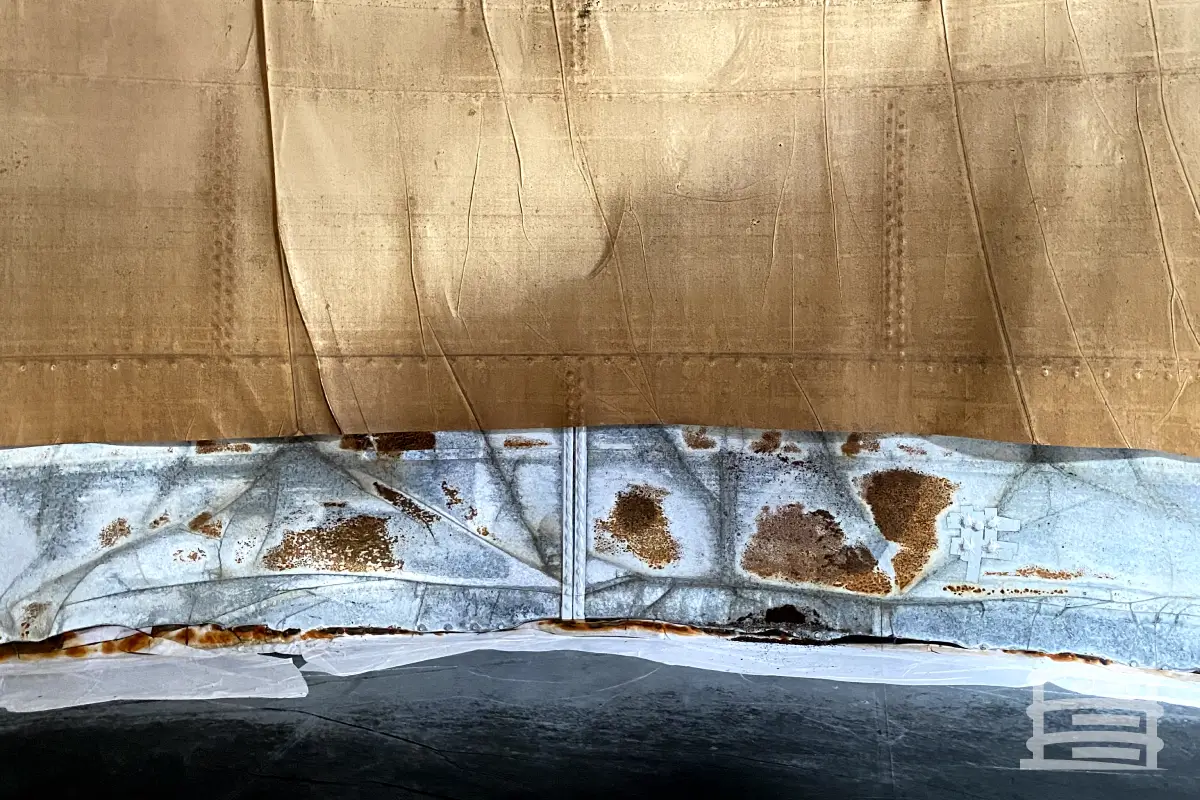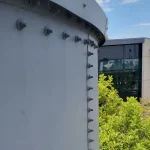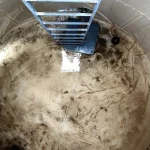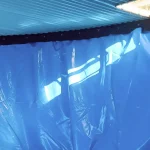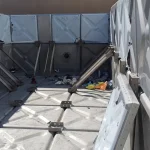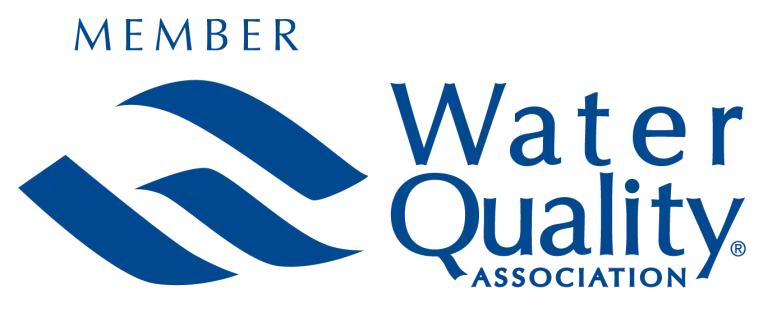In industries that rely on volatile substances like oil, gas, or petrochemicals, a hidden enemy lurks: corrosion. This silent process eats away at essential equipment like boilers and pressure vessels, posing a serious threat to their integrity and your operation’s safety.
Left unmonitored, corrosion can lead to a domino effect of problems. Leaks, malfunctions, and decreased performance are just the beginning. Uncontrolled corrosion can cause catastrophic equipment failure, putting workers at risk, incurring massive repair costs, and potentially causing environmental damage through explosions.
The good news is that corrosion doesn’t have to win. By implementing regular monitoring and addressing rust early on, you can prevent significant asset degradation. These proactive measures can save you from critical issues and the hefty costs associated with them down the line.
What is Corrosion Monitoring?
Corrosion monitoring is the process of observing and evaluating the gradual degradation of materials, usually metals, caused by chemical reactions, electrochemical processes, friction, or environmental influences.
Essentially, corrosion monitoring involves studying how materials deteriorate over time, often manifested through alterations in appearance or structural integrity.
Identifying corrosion requires spotting any abnormalities or deviations on surfaces, such as changes in color or texture, which may indicate potential damage from corrosion.
Upon detecting corrosion, it is essential to implement monitoring measures to track its advancement over time. This information allows for informed decisions on maintenance actions to prevent further deterioration and maintain the integrity of assets.
Why is Corrosion Monitoring Important?
Safety
Corrosion monitoring is critical across various industries where assets are susceptible to deterioration over time, especially in sectors handling volatile materials that pose explosion risks if mishandled.
As equipment ages, corrosion becomes more prevalent, weakening structures and reducing their ability to withstand extreme conditions such as high pressure and temperature.
The primary goal of corrosion monitoring is to detect and monitor potential areas of concern within equipment, thereby preventing accidents and protecting personnel from potential hazards.
Cost Reduction
Premature asset failures due to corrosion, such as those in boilers, often lead to significant replacement costs.
Industries dealing with chemicals, operating in refineries or plants with large storage tanks for volatile substances, experience substantial annual losses due to equipment damage caused by corrosion.
Implementing corrosion monitoring systems provides businesses with a proactive approach to mitigate these costs by extending the lifespan of their equipment and assets.
The Benefits of Corrosion Monitoring
Implementing some form of corrosion monitoring can yield several benefits in safeguarding your investment and reducing life-cycle costs associated with your operations:
- Early Detection System: Corrosion monitoring acts as an early detection system, warning you about potentially hazardous conditions well before corrosion-related failures can occur.
- Understanding System Parameters: It provides insights into system parameters that influence corrosion, such as pressure, temperature, pH levels, or flow rates, helping you comprehend the root causes.
- Assessment of Preventive Measures: Corrosion monitoring allows for evaluating the effectiveness of corrosion prevention strategies, such as chemical inhibition, enabling you to refine and optimize your approaches.
- Data-Driven Management: By accumulating data over time, you gain valuable insights to guide ongoing management practices and facility maintenance requirements, facilitating proactive decision-making and minimizing operational downtime.
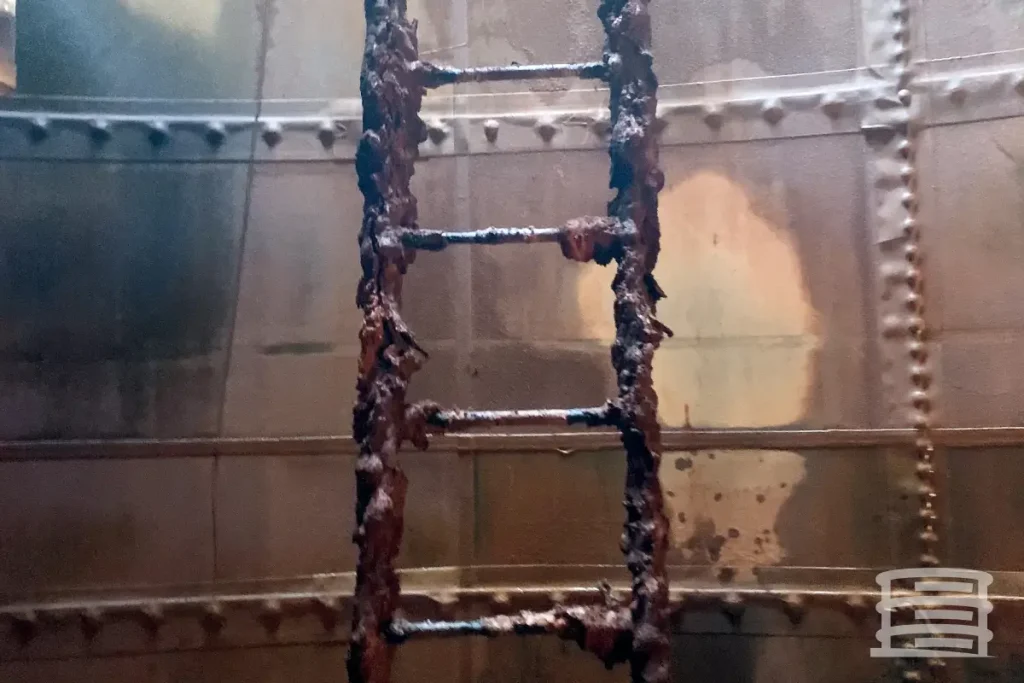
Improved Efficiency
Beyond its role in preventing accidents and reducing costs, corrosion monitoring can enhance the efficiency of industrial operations in the following ways:
- Extending Asset Lifespan: Early detection of corrosion and timely maintenance interventions through monitoring contribute to prolonging the lifespan of existing assets and operational equipment. This maximizes their utility and overall value.
- Informed Material Selection: Insights gained from corrosion monitoring inform future asset procurement decisions by identifying materials less prone to corrosion. This ensures longer asset lifespans and reduces replacement costs.
- Cost-Effective Remediation: Corrosion monitoring aids in identifying cost-effective approaches to addressing corrosion growth and associated issues. This allows for prompt and efficient remediation while minimizing disruptions and operational expenses.
- Analysis of Environmental Conditions: Corrosion monitoring identifies environmental factors that either contribute to or mitigate corrosion. This insight supports informed decisions on facility design, operational practices, and maintenance strategies to optimize asset performance and durability.
- Reducing Facility Downtime: Proactive management of corrosion-related issues and implementation of preventive measures based on monitoring data help minimize unplanned downtime. This ensures continuous operations, enhances productivity, and reduces potential losses.
We offer tried and tested services in Crockett, Grapeland, Kennard, Latexo, Lovelady, Ratcliff, HOUSTON, TEXAS.
We also offer tried and tested services in Longbeach, and cities, towns, suburbs, localities, and places close to Long Beach such as Lakewood, Rossmoor, Lincoln Village, Seal Beach, Hawaiian Gardens, Los Alamitos, Cypress, Bellflower, Carson, La Palma, Paramount, Cerritos, East Compton, West Carson, Compton, Norwalk, Stanton, Westminster, Lomita, Downey, Lynwood, Rolling Hills Estates, Cudahy, CALIFORNIA.
Our friendly and experienced customer service team is here to help you!
Call NFPA 25 Inspections by American Tanks at +1 800 656 0167
Or email at info@nfpa25inspections.com
1305 W 11th St #4087 Houston, TX 77008 USA
3711 Long Beach blvd Suite 4057 4th Floor # 1079 Long Beach, CA 90807 USA
